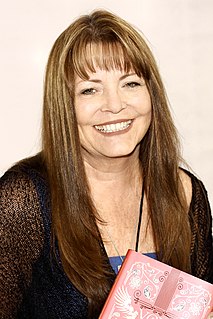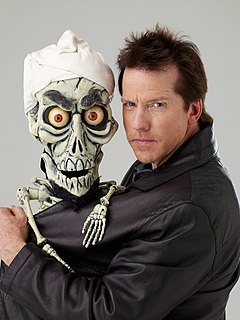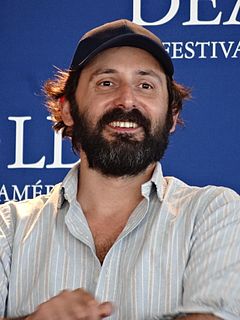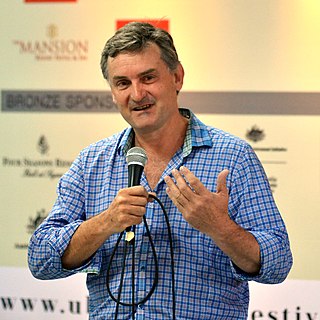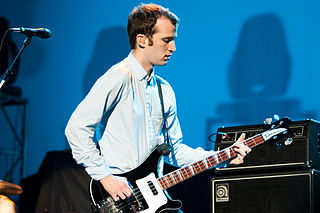A Quote by Eugenie Bouchard
I don't really think dreams have real meaning. Some people believe in that. I just think it's your brain, after a day of crazy random pieces of information jumbled together, creating interesting stories. I just view it as entertainment.
Related Quotes
Humans are kind of story-propagating creatures. If you think of how we spend our days, think of all the time you spend on entertainment. How much of your entertainment centers around stories? Most pieces of music tell stories. Even hanging out with your friends, you talk, you tell stories to each other. They're all stories. We live in stories.
I just think that pop music is very interesting in how it can reach so many people. I like that I can tell stories and I just wanted to be heard more, I guess. That's why it's pop, but in my mind I don't really view my music as pop, I don't really view it as anything. I just look at it as a picture, I like visuals.
As recently as the '70s, people were forced to see information that they didn't agree with in newspapers and the like. Now there is so much information you really can build your own walled garden that just has the stuff that reinforces your view. I think it applies to all of us. People are really going into these separate camps, and that's the big social challenge in this age of too much information. How do we crack that and create a common dialogue?
The information. Every bit that of information that was ever in your brain. But the information is not the mind Jenna. That we've never accomplished before. What we've done with you is groundbreaking. We cracked the code. The mind is an energy that the brain produces. Think of a glass ball twirling on your fingertip. If it falls, it shatters into a million pieces. All the parts of a ball are still there, but it will never twirl with that force on your fingertip again. The brain is the same way.
I'm selfish, I think. I think an artist has to be. I'm not worried about what people think. I play the parts that I find interesting. It'd bother me more to be just pigeonholed into doing what people think is ethical or that's boring to me. I don't pick parts with that in mind, I just find interesting stories. If it's interesting to me, then I do it.
I feel Icelandic people are really good at gathering together information and brain power. We're better at that than some kind of Las Vegas money gambling. I mean, I really admire the characteristics in Icelandics, this adventureism. We are famous for it. We are addicted to risk to the point of being foolhardy. And I think that is great in brain power stuff.
We want to do things that are interesting, great storytelling, some of it is gonna be more fun and funny, some of it is more serious and talking about interesting issues that we think are provocative and interesting to us. Kind of on a more political level. But, you know, just things that we find interesting that we think stories that need to be told.
Narrative, fiction filmmaking is the culmination of several art forms: theater, art history, architecture. Whereas doc filmmaking is more pure cinema, like cinema verité is film in its purest form. You're taking random images and creating meaning out of random images, telling a story, getting meaning, capturing something that's real, that's really happening, and render this celluloid sculpture of this real thing. That's what really separates the power of doc filmmaking from fiction.
I think we are definitely suffering from an information overload, but I believe that there is going to be better and better ways of organizing that information and processing it so that it will enhance your daily life. I just think that technology and information, it's overwhelming at the moment, but it's really going to make life better.
I think there's just a lot of apprehension in Australia about the Trump victory. It's not that there are - some people are supportive, of course, and some people are dismayed by it. I think one thing that draws most people together - maybe 80 percent of the people - is a very strong view of American leadership and the American alliance.
I think in general, it's just an interesting age to be at, after college. You spend so much of your life, being on this academic trajectory - and then when it's done - all of a sudden the whole world is maybe open to you. But you're the one that's really in charge of your path. And that can be a really scary thing, I think.
I think when you look at the diversity of the readership, all the different people who love comics, I want comics to reflect the real world, and I think Marvel does a good job of trying to do that, but I don't think there's ever an end point when it comes to creating diversity and creating stories that people can relate to.






